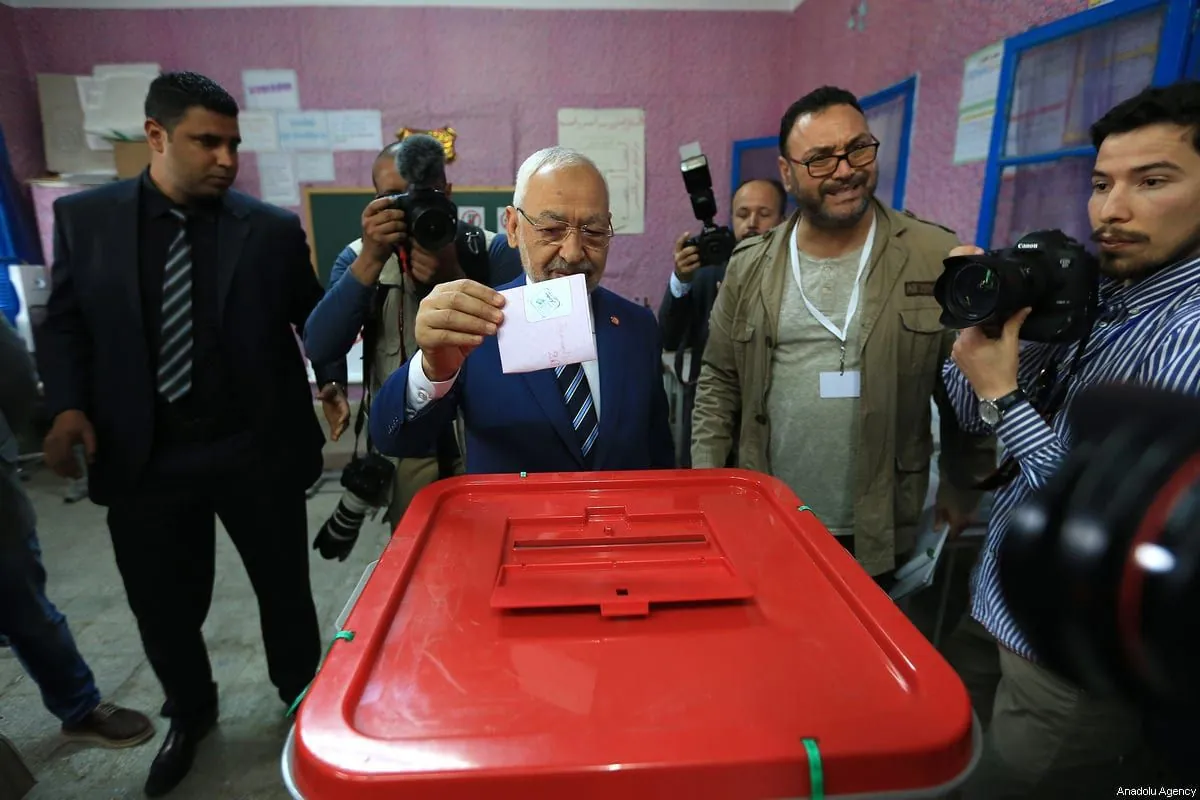Tunisia, once hailed as the success story of the 2011 Arab Spring, is set to hold a presidential election on October 6, 2024, that many fear could mark the end of its democratic experiment. The vote comes amid growing concerns over President Kais Saied's consolidation of power and the erosion of democratic institutions.
Since seizing power in July 2021, Saied has taken steps that critics argue have undermined Tunisia's democratic progress. These actions include imprisoning potential election candidates, banning foreign election monitors, and passing a new constitution that significantly expands presidential authority.
The upcoming election presents a stark contrast to the 2019 vote that brought Saied to power. That election, considered free and fair by international observers, saw Saied win with support from young voters hoping for change. However, the political landscape has shifted dramatically in the past five years.
Only two candidates have been approved to run against Saied: Zouhair Magzhaoui, seen as aligned with the president, and Ayachi Zammel, who was recently sentenced to 12 years in prison on charges of fraudulent voter endorsements. This limited field of candidates has raised concerns about the election's legitimacy.
The new constitution, passed in a July 2022 referendum with low voter turnout, grants the president extensive powers, including the ability to appoint and dismiss the prime minister and cabinet members. It also established a bicameral parliamentary system, though only 12% of Tunisians participated in voting for the new second chamber.
"Young people organized Saied's electoral campaign in 2019. They are now abandoning him."
Tunisia's democratic backsliding has not gone unnoticed internationally. U.S. lawmakers have called for action to help restore democracy in Tunisia, with a bipartisan group of senators introducing the Safeguarding Tunisian Democracy Act to limit funding to the country.
The situation in Tunisia reflects broader challenges facing young democracies. Since gaining independence in 1956, Tunisia has struggled to balance political stability with economic progress. The country's economy has faced persistent issues with high unemployment and inflation, particularly since the 2011 revolution.
Despite these challenges, Tunisia has made significant strides in some areas. In 2018, it became the first Arab country to grant women equal inheritance rights. The country also boasts a literacy rate of over 80%, one of the highest in Africa.
As the election approaches, many Tunisians and international observers are watching closely to see if the country can preserve its democratic gains or if it will continue down a path of authoritarian rule. The outcome of this election could have far-reaching implications not only for Tunisia but for the broader region's democratic aspirations.
